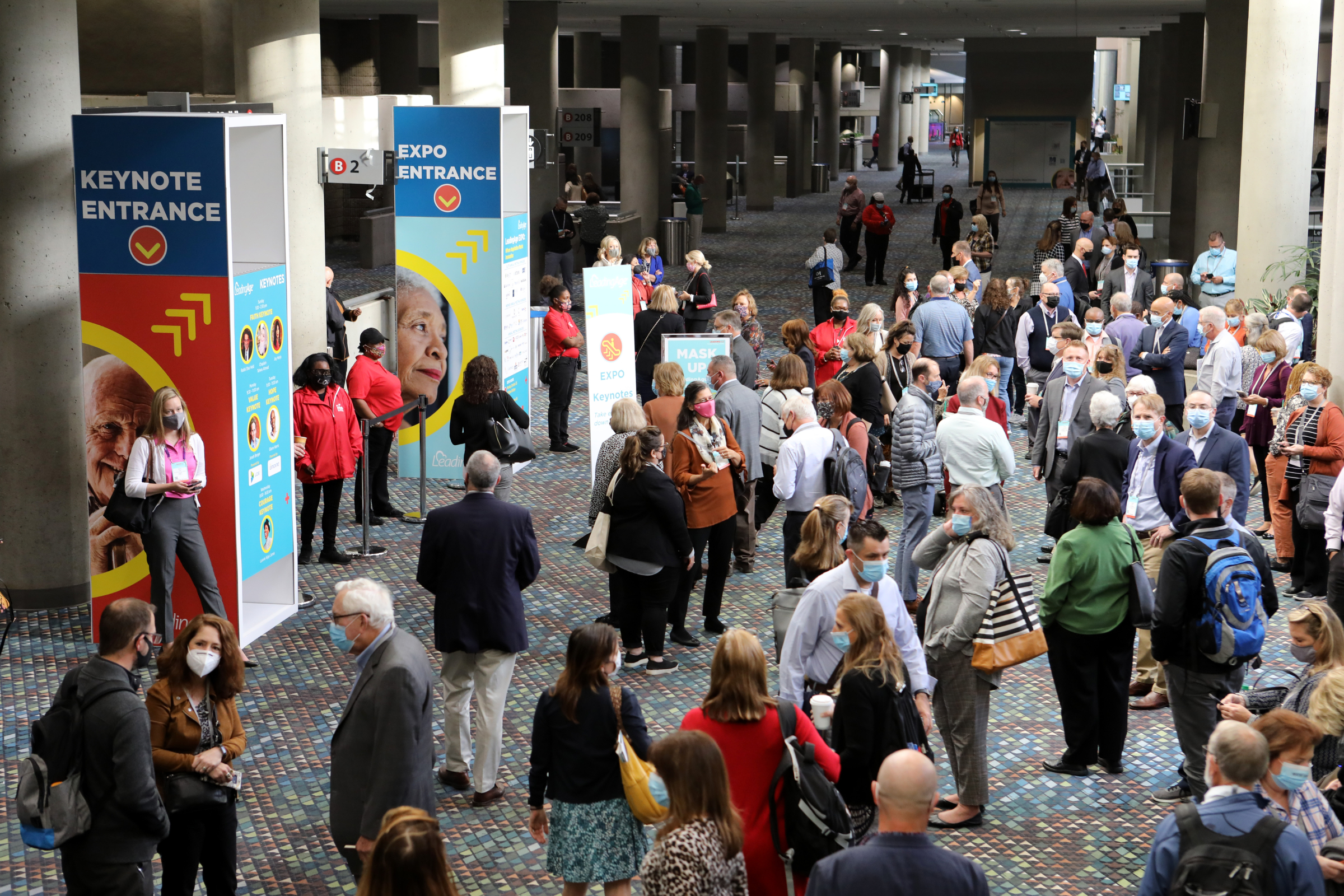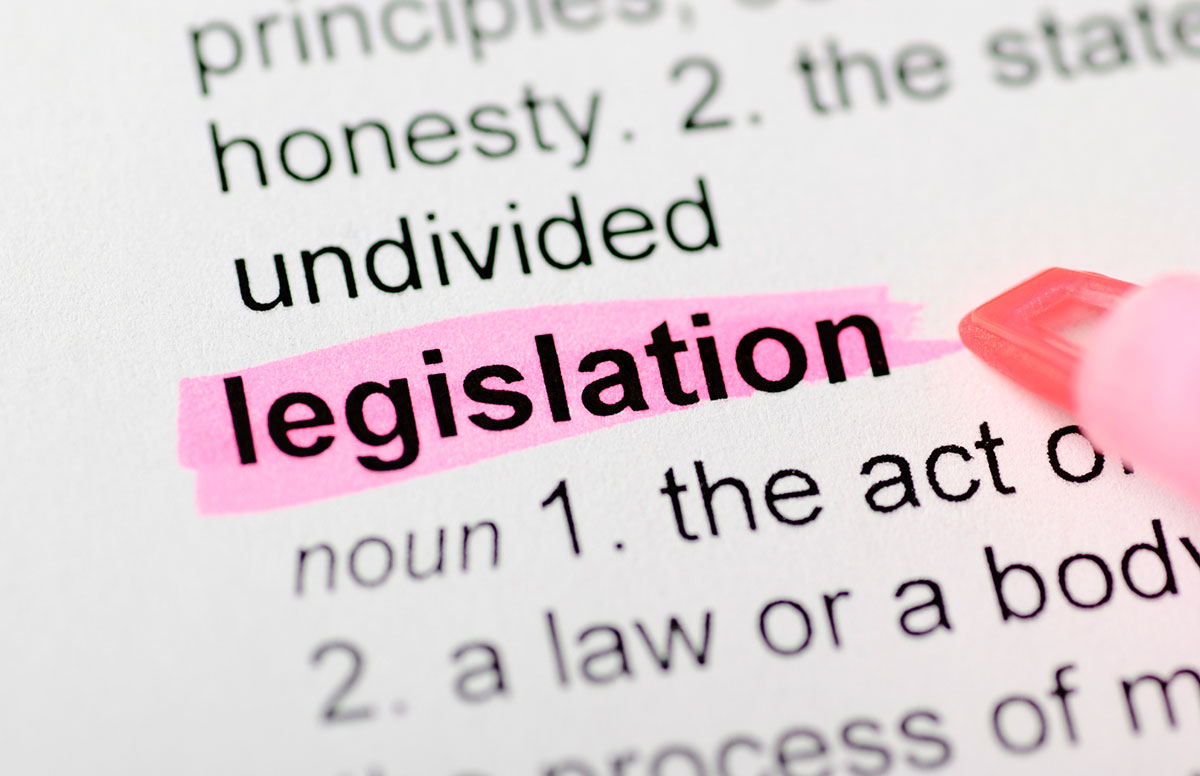USDA Issues Updated COVID-19 FAQs for Rural Housing Providers
On February 18, Rural Development’s Multifamily Housing, which oversees rural rental assistance programs, issued a new set of COVID-19 Frequently Asked Questions. The FAQs provide guidance for rural housing providers on annual financial reports, reserve draws, RTOs, and income recertifications.
In the new FAQs, the agency declined to issue an automatic extension of the due date for annual financial reports, but allowed approved extensions on a case by case basis. The FAQs also discuss the authorization for temporary reserve draws to cover operating expenses, and makes clear that this temporary draw will not impact the Return to Owner (RTO). Additionally on RTO, the FAQs discuss the impacts of property cashflow and loss of rent receipts.
Lastly, the FAQs cover extended tenant income loss and suspend handbook requirements related to zero-income certifications. The full set of FAQs are included below, and more information about Rural Development’s COVID-19 response is available online here.
Updated COVID-19 FAQs for Rural Housing Providers:
Q1: Annual financial reports are due 90 days following the close of the project fiscal year. Will the Agency provide an automatic extension to the 90-day due date?
A: The Agency is not issuing an automatic extension of the due date for annual reports. However, the assigned Servicing Official may authorize up to a 30-day extension of the due date Per Handbook 2-3560, if the annual financial report cannot be submitted by the due date, the borrower must present a request for extension supported by evidence that delay is at the request of the auditor, and the request has a reasonable explanation of why an extension of the due date is needed.
Q2: If the project used reserve account funds for operating expenses, during the time the Agency was resolving the issues with processing the end of the COVID-19 Relief Plan deferral, do we show the withdrawal as transfer from reserve; and do we show the repayment of these funds to the reserve account as transfer to the reserve account?
A: Yes, the Agency approved withdrawal of the reserve account funds (temporary loan from the reserve account) to pay the operating expenses will be shown as transfers from reserve – operating deficit on Form RD 3560-7, MFH Project Budget/Utility Allowance form. And, when the rental assistance (RA) subsidy was received, the repayment to the reserve account of this temporary loan will be recorded as a transfer to reserve on Form RD 3560-7. Documentation that the reserve account has been replenished when the RA funds were received shall be provided to the Servicing Official (i.e. – copy of deposit receipt, copy of bank transfer confirmation, etc.)
Q3: Will the use of the reserve account funds to temporarily pay operating expenses affect the borrower’s ability to earn a Return to Owner (RTO)?
A: No, the use of the reserve account funds for operating expenses during the time the Agency delayed the issuance of rental assistance subsidy, while it resolved the COVID-19 deferral, will not affect the borrower’s ability to earn an RTO.
Q4: How will rental income we were unable to collect due to the COVID-19 pandemic affect the project’s cashflow and the borrower’s ability to earn an RTO?
A: The project’s annual financial reports are presented on an accrual basis. Therefore, even if the rent was uncollected, it is recorded as rental income regardless of when it was collected or paid. All rental income accrued will be reported on Form RD, 3560-7, MFH Project Budget/Utility Allowance. The cashflow would still need to be positive to earn the RTO.
The affect the uncollected rent will have on the RTO, is that the project may not have sufficient cash to pay the RTO, because the uncollected rent is being reported as an Accounts Receivable on the project’s Balance Sheet. Please report the uncollected rents and earned, but unpaid RTO as follows:
- Add a comment on the Accounts Receivable line of Form RD 3560-10, Balance Sheet that is transmitted to the Agency, specifically noting the amount of Accounts Receivable that is uncollected rent due to the tenant(s) inability to pay due to the COVID-19 pandemic.
- If the RTO was earned, it should be shown in the Cashflow section (Part I) of Form RD 3560-7, MFH Project Budget/Utility Allowance. If the RTO is not able to be paid because of a lack of cash due to the uncollected COVID-19 rents, also show the RTO as an Accounts Payable on Form RD 3560-10, Balance Sheet, and specifically identify it as earned/unpaid RTO FY2020.
Q5: If we needed to book the RTO as an Accounts Payable due to the Accounts Receivable of uncollected COVID-19 rents, what conditions must we meet before the RTO can be paid to the borrower?
A: There are two options. 1) If the conditions of §3560.305(b) are met (i.e. – surplus cash at the end of the current fiscal year). Or, 2) the Agency will implement a one-time exception to the requirement of the need for a project to have surplus cash at the end of the current fiscal year, if all of the following conditions are met by the project:
- The project had uncollected rental income due to the COVID-19 pandemic identified as A/R on the Form RD 3560-10, and
- The FY2020 earned RTO was booked as an A/P on Form RD 3560-10, and noted as to the reason it could not be paid (taken) is due to uncollected COVID-19 rents, and
- The A/R COVID-19 rents were collected in full, by fiscal year end 2021, and
- There is sufficient operating cash to pay the FY2020 RTO, prior to paying the earned FY2021 RTO.
Q6. If the project received a payment deferral as a result of an approved COVID-19 Relief Plan, what will we receive that provides us the amount of the deferred principal and deferred interest?
A: The Form RD 3560-54, Annual Loan Statement of Account will provide the amount of deferred principal and deferred interest for each loan receiving the payment deferral.
Q7. How will I show these deferred amounts on Form RD 3560-10, Balance Sheet?
A: The deferred principal and deferred interest (whether it is from the COVID-19 forbearance or an MPR loan deferral) will be combined with the existing RD debt on Form RD 3560-10, Line 26, Long Term Liabilities – Notes Payable Rural Development.
Q8: With the continued effect of the COVID-19 pandemic and possible reduction in tenant’s income, how can USDA Multifamily Housing owners and management agents assist tenants who experience an ongoing reduction in income due to COVID-19?
A: For tenants receiving Rental Assistance, an interim recertification should be completed as quickly as possible for any changes in monthly income. Tenants who completed a previous interim recertification may need to complete a second interim certification, for example if their unemployment benefits change or if a partial layoff becomes permanent. We encourage agents to be accurate but flexible, including receiving information by phone or email, and making accommodations when income changes can’t be verified due to business closures.
Given the high number of potential zero-income certifications, we have suspended Handbook 2-3560 Attachment 6-B used to verify living expenses for zero income interim recertifications. Tenants who have been laid off due to COVID-19 do not qualify for income annualization as mentioned in Handbook 2-3560 Chapter 6 Section 6.9 (4), as this emergency is not a seasonal or predictable layoff. Rent should be calculated based on current income.

Most Recommended
July 03, 2025
 Budget Reconciliation 2025
Budget Reconciliation 2025
June 27, 2025
Pathways for Foreign-Born Workers
Recently Added
July 03, 2025
 Update and Insights: SNF Off-Cycle Revalidations
Update and Insights: SNF Off-Cycle Revalidations
July 02, 2025



